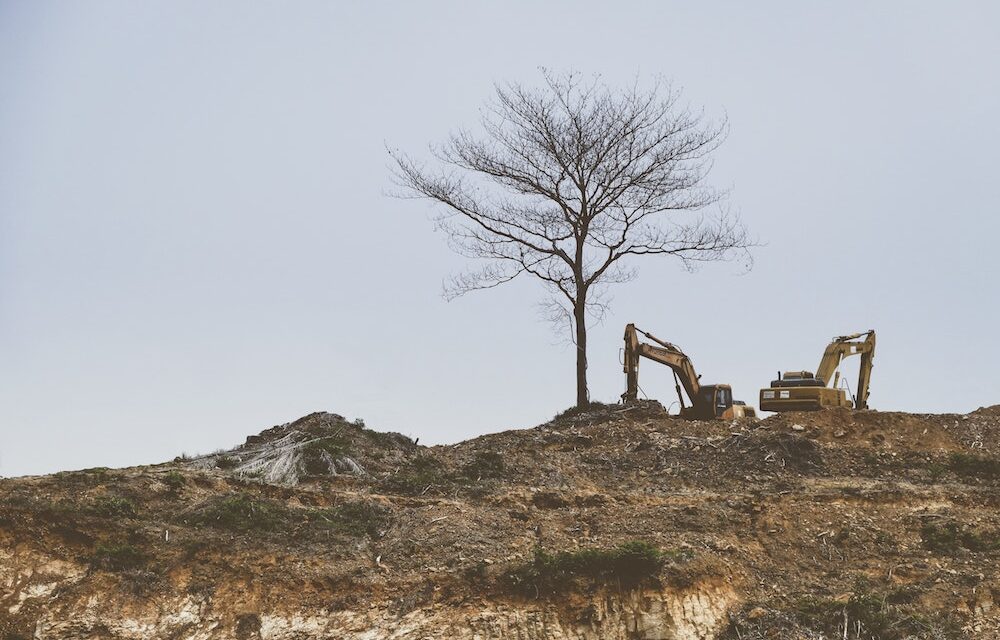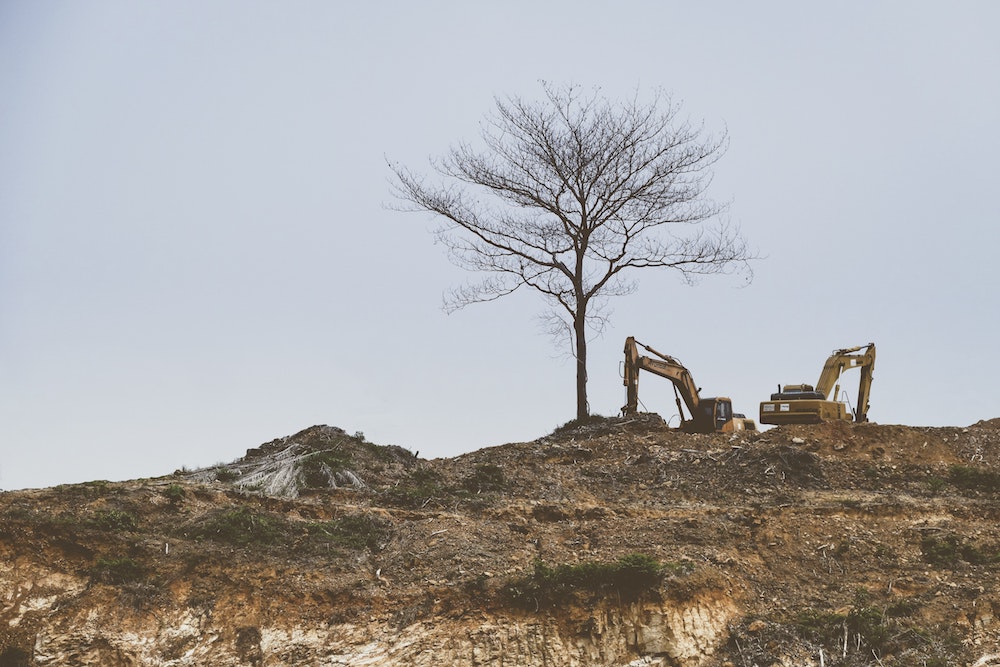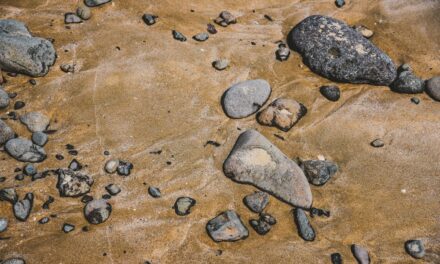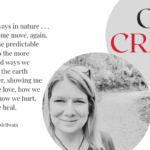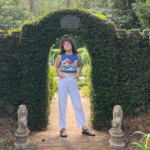Editorial Assistant Rachael Speck: When I read poetry, I find myself drawn to poems that reframe my perception of the world around me. Often, I’m struck by the way a poem brings into focus the things I overlook in my daily life. When I first read the poem “Earth Shovel” by Dan Albergotti (Issue 17.2), I had this same experience: at once, I found myself thinking more closely about my own relationship with the environment and about the way I interact with the world.
“Earth Shovel” asks us to think deeply about the way we inhabit Earth in a time when oil is money, and drilling becomes commonplace despite its environmental costs. Albergotti’s poem provides a germane look at how our relationship to our world needs to change if we are to have a future here.
“Earth Shovel” takes the form of a golden shovel, a poetic form first created by Terrance Hayes. In this form, the last word of each line comprises a word from a line of another poem. In Albergotti’s version, the line ends with words from the poem’s two epigraphs: a quote from Carl Sagan’s book Pale Blue Dot, and a Michael Steele quote from the 2008 Republican National Convention. Albergotti’s use of the golden shovel puts these two disparate quotes into conversation, and the poem’s title both recalls the form and refers to an act of digging and excavation.
The poem begins by detailing the first photographs of Earth taken in the 1970s, and the 1990s picture by Voyager 1, a spacecraft flying past Neptune. Then, Earth “had the look / of a marble” and was “A pinprick that’s / difficult to make out against its black backdrop of void.” Albergotti’s imagery here invokes a sense of wonder, showing the cosmic experience of those first images of Earth. But people turn away from these awe-inspiring photographs back to normal life: “Here / we are, on that dot, waving goodbye to Voyager 1. And that’s / that, I suppose.”
Albergotti contrasts these wondrous first images of Earth with the Earth of today, where environmental destruction has become frequent, even normal. Albergotti’s speaker, living near a site where the ground is being dug up, notices that “The sound of the heavy machinery has already become a / curtain of ambient noise dropped over our days.” The cosmic wonder of the initial photographs of Earth forgotten, the destruction of that same Earth becomes the background of mundane experience.
But Albergotti’s speaker isn’t content to stop pondering how environmental catastrophe will affect our lives. Instead, the speaker imagines possible futures. One with cars and hoverbikes powered by sunbeams. Another with sunbeams that “simply fall on our ashes.” This contemplation of Earth abounds in the poem, as the speaker realizes that “The / thing about the universe is that it seems infinite, but really it’s only / a ceaseless series of extinctions. I think about that on the drive home.”
The poem ends with the lack of concern many have about drilling. A man at a bar thinks oil will continue to flow as long as we dig deeper. The speaker’s friends expect a world will still exist for their baby to inhabit. But instead of comforting and relieving tension about the future of the Earth, Albergotti ends with a warning: “This is not a drill.”
Rachael Speck is an MA student in Literary and Cultural Studies at the University of Cincinnati.

